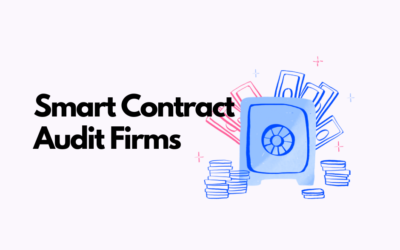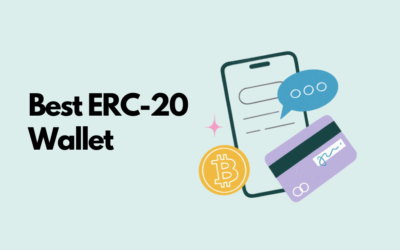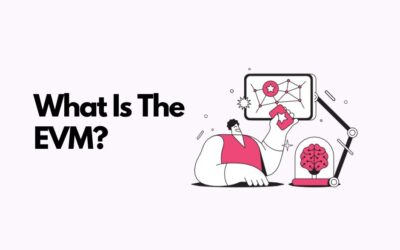Solidity is a programming language used for writing smart contracts on the Ethereum platform. It is an essential skill for developers who want to work with decentralized applications (DApps) and build on the Ethereum blockchain. In this article, we’ll walk you through the steps you can take to become a solidity developer.
- Learn the basics of blockchain technology
Before diving into solidity, it’s important to have a basic understanding of blockchain technology. A blockchain is a decentralized, distributed ledger that records transactions on multiple computers. It allows for secure and transparent record-keeping, as all transactions are recorded and verified by network participants.
- Learn the basics of Ethereum
Ethereum is an open-source, decentralized computing platform that runs smart contracts. These are self-executing contracts with the terms of the agreement between buyer and seller being directly written into lines of code. Ethereum allows developers to build and deploy DApps, which are applications that run on a decentralized network rather than a single server.
- Learn the syntax and structure of solidity
Now that you have a basic understanding of blockchain and Ethereum, it’s time to start learning solidity. Solidity is a high-level, contract-oriented programming language for implementing smart contracts. It is similar to JavaScript and has a similar syntax, so if you have experience with JavaScript, you may find it easier to learn solidity.
To get started, you can check out the Solidity documentation and take some online tutorials or courses. It’s also a good idea to practice writing solidity code by working on small projects and challenges.
- Understand the security considerations of smart contracts
One of the main challenges of developing smart contracts is ensuring their security. Because smart contracts are self-executing and cannot be changed once deployed, it’s important to ensure that they are free of errors and vulnerabilities.
To help ensure the security of your smart contracts, you should:
- Test your contracts thoroughly before deploying them
- Use a static analysis tool to find potential vulnerabilities
- Use a contract-specific security tool, such as Mythril or Oyente
- Follow best practices for smart contract development
- Learn about decentralized finance (DeFi)
Decentralized finance (DeFi) is a growing area within the blockchain space that involves the use of smart contracts to enable financial transactions without intermediaries. It includes a wide range of applications, such as lending, borrowing, trading, and payment processing.
As a solidity developer, it’s important to have a basic understanding of DeFi and how it is being used to build new financial products and services. You can learn more about DeFi by reading about current projects and developments in the space and participating in online communities and forums.
- Stay up-to-date with the latest developments in solidity and Ethereum
The world of blockchain and Ethereum is constantly evolving, so it’s important to stay up-to-date with the latest developments in the field. This can involve reading industry news and blogs, attending conferences and meetups, and participating in online communities and forums.
It’s also a good idea to contribute to open source projects and engage in the broader Ethereum community. This will not only help you improve your skills, but also give you the opportunity to network with other developers and potentially find job opportunities.
- Consider earning a certification
There are several certification programs available for solidity developers, such as the Ethereum Certified Developer (ECD) program. Earning a certification can be a good way to demonstrate your expertise to potential employers and clients.
To prepare for a certification exam, you should have a solid understanding of solidity and be able to demonstrate








0 Comments